

Cameroon is a united and democratic republic with H.E. Paul Biya as its President. It is located in Central Africa, bordering Nigeria to the west, Chad to the northeast, the Central African Republic to the east, and Equatorial Guinea, Gabon, and the Republic of Congo to the south. The country borders the Gulf of Guinea.
Cameroon's economy is based primarily on agriculture, extractive industries, and services. The country is rich in natural resources, including oil, natural gas, minerals, and fisheries.
Cameroon places particular importance on the blue economy, which contributes significantly to the national economy and employment. The major targeted sectors are: fisheries and aquaculture; coastal and marine tourism; maritime transport; marine energy; and scientific research and technological innovation. Key Facts:
- Capital: Yaoundé;
- Official languages: French and English;
- Population: Approximately 25 million inhabitants;
- Area: 475,440 km²;
- Time zone: GMT+1;
- Local currency: CFA franc (XAF);
- Climate in July: Light rainy season in Yaoundé – temperatures between 20°C and 28°C;
- Electricity: 220V – Type C and E sockets (bring an adapter for European outlets);
- International arrival airports: Yaoundé-Nsimalen (NSI Airport); DOUALA (DLA Airport);
- Personalized welcome by the organizing committee for official delegations;
- Shuttles available between the airport (Yaoundé-Nsimalen (NSI Airport)), partner hotels, and the Palais des Congrès;
- Vehicle rental with drivers available from approved operators;